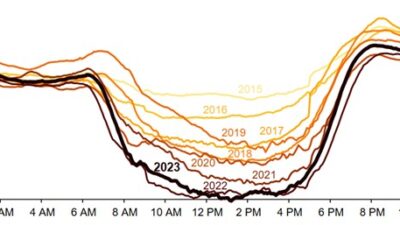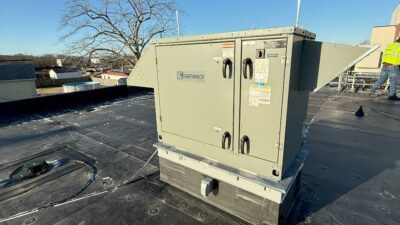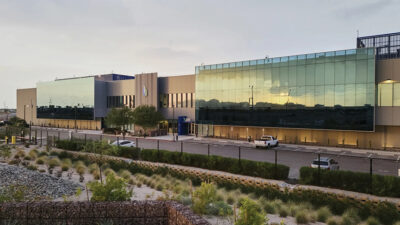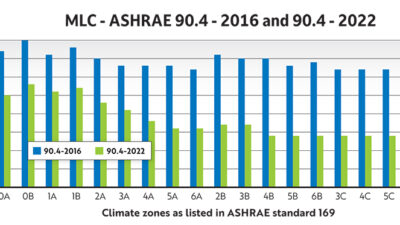The Dept. of Energy will award $6.6 million in competitive grants for clean energy projects and advanced building codes.
The Dept. of Energy (DOE) recently announced that it will award $6.6 million in competitive grants for 15 state-level projects, nine of which focus on developing policy and regulations to support gigawatt-scale clean energy capacity, and six of which focus on developing advanced building codes.
Of these awards, $4 million will go to the gigawatt-scale clean energy capacity projects, which will develop policy and regulatory frameworks that will enable gigawatt-scale clean energy, either through renewable energy or demand-side reductions.
Although no cost share was mandated, state partners will contribute up to $1.8 million for these projects. The six advanced building codes projects will receive $2.6 million, which will assist states in developing and implementing residential, commercial, or overarching building codes. Along with its financial assistance, DOE will support these projects with ongoing technical assistance.
Of the nine clean energy capacity projects, three will go to states that are focusing on electrical grid infrastructure: Colorado will examine barriers and incentives to expand its transmission grid for renewable energy projects, while Hawaii and Maryland will examine policies for smart grid technologies that could encourage the use of renewable energy, demand-side management, and energy storage.
Two states will focus on financing: Michigan will develop four pilot projects for utility financing of customers’ cost-effective clean energy projects, with each loan repaid using a portion of the consumer’s energy cost savings, while Wisconsin will draft regulations for low-interest loans for renewable energy projects. Wisconsin will also aim to convert up to 25 old, small coal-fired power plants to burn wood instead.
In the Southeast, Georgia will develop a framework for integrating clean energy supplies into the energy infrastructure of Georgia, North Carolina, and South Carolina, while South Carolina will seek to overcome barriers for coastal wind, wave, and tidal energy projects. And in terms of energy efficiency, Arizona will create a streamlined and cost-effective home weatherization program, while Maine will partner with the Northeast Energy Efficiency Partnership to develop regional protocols for evaluating, measuring, verifying, and reporting demand-side resource impacts.
For the advanced building code projects, Florida, Massachusetts, Nebraska, and Washington are improving their existing residential or commercial energy codes in order to produce a 30% energy usage reduction over the existing codes. In addition, North Carolina will update its state energy code by 2010, while California plans to build the California Building Energy Efficiency Standards Learning Management System, an online system that will educate building department processionals about enforcing its current building energy efficiency standards and the next standards update.




